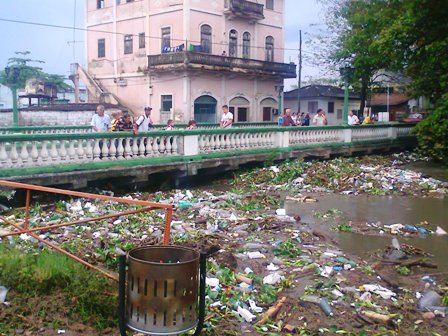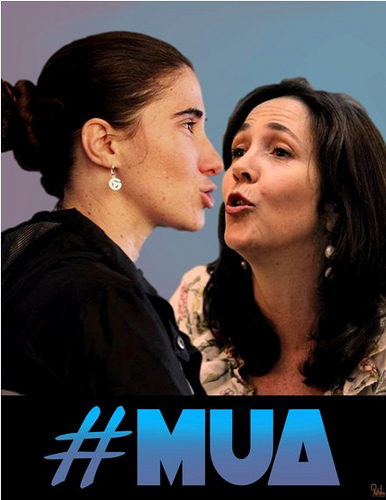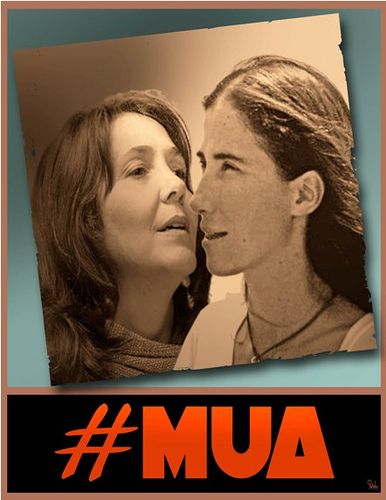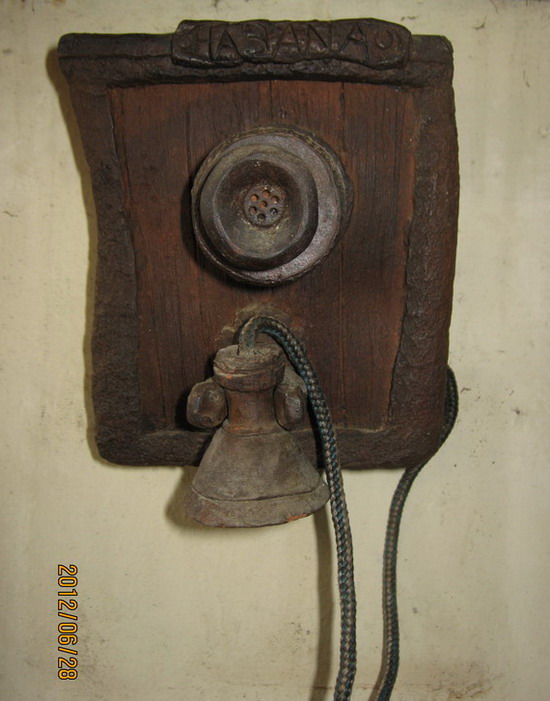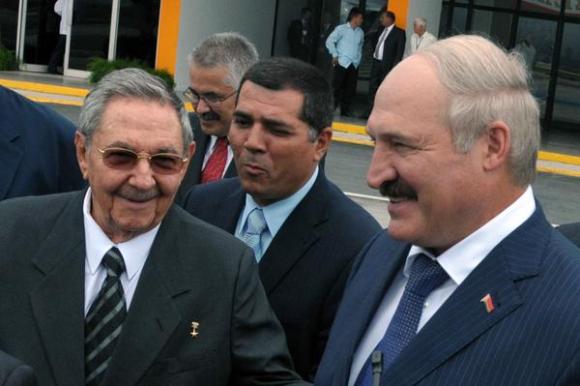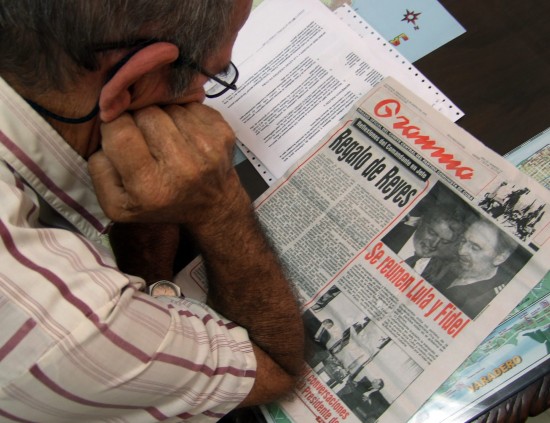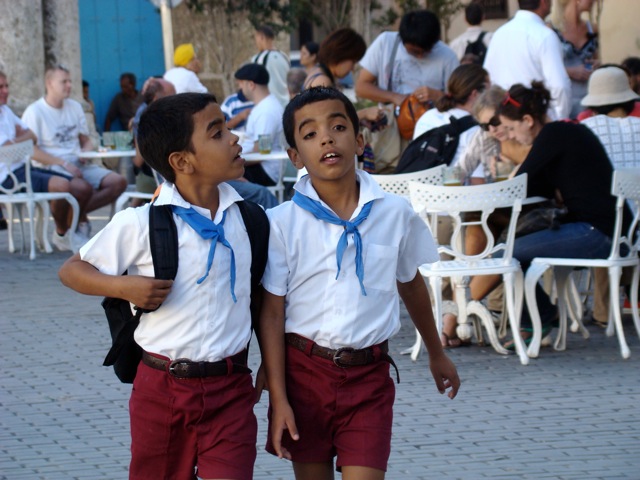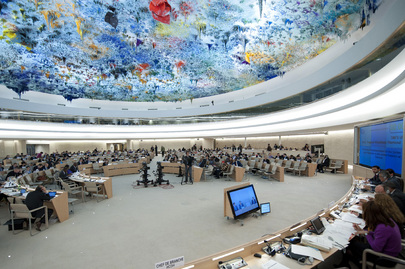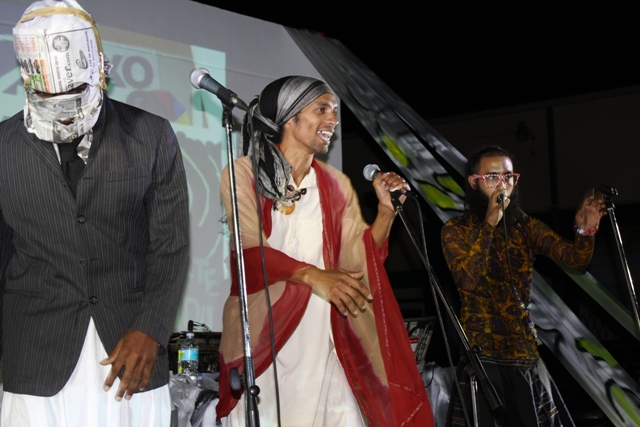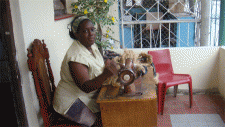
The road that led to jail began with a project for poor children in Marianao.
A gray afternoon in 2010, Sonia Garro told me her reasons for creating a community project with poor children in her neighborhood Los Quemodos, in the Havana municipality of Marianao.
She recalled that while sitting at her 1950s sewing machine from the U.S., she frequently observed accidents to children playing in the street without the oversight of their parents. From the doorway of her house, at night, she saw emaciated teenagers prostituting their bodies for a few pesos or trinkets. At that time, Sonia worked in a clinic as a laboratory technician.
In a few months she made a decision that would change her life. She created in her neighborhood an independent center for children of low income parents. No matter their political affiliation. The idea was that in their spare time the kids wouldn’t expose themselves to danger playing in the streets.
The project grew. And in its prime had more than 20 kids. She even thought of opening other branches in the slums of Pogolotti and Palo Cagao. It never occurred to Sonia Garro that the special services police would roughly harass her. But yes, the tough guys were annoyed by her work.
And often at her house on Avenida 47 between 116 and 118 acts of repudiation were launched against her. You already know what these are. Pure verbal lynching. In addition to crude insults, with sticks and iron rods in hand, a band of retired fighters threw stones and tomatoes.
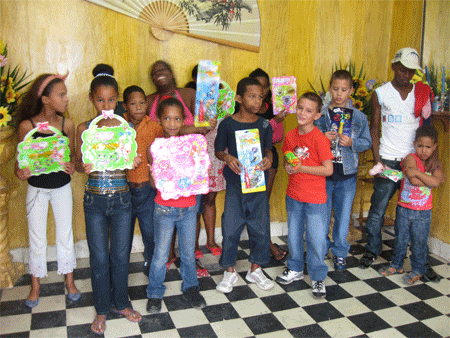
After failing in her attempt to create a space offering activities for children and teens, Sonia decided to raise the stakes. Along with other women like herself, the “Ladies in Support” of the Ladies in White, she went to protest in downtown streets. The reasons were varied. It could be in memory of the dissident Orlando Zapata, shouting until her veins popped for freedom and respect for human rights.
It was her personal commitment. It is precisely in the streets and against public activities that the great fear of Raúl Castro’s government uses all the weapons in its arsenal to exercise control. So, in addition to frequent beatings, high official from State Security let Sonia know that they would not permit any more street protest. And so it was.
In March of this year, a week before the visit of the Pope, in a spectacular operation, riot police arrested her and her husband Ramon Alejandro Muñoz. Now she is awaiting sentencing in the maximum security prison for women known as Manto Negro — Black Robe.
She could be sentenced to many years. The government is charging her with “attempted murder” and “public disorder.” Sonia does not know for sure why she is accused of “attempted murder.” Never has the idea of killing anyone crossed her mind.
At times, Sonia Garro sends me little notes from jail. In a letter written on a piece of notebook paper she says: “Since I have been in prison they have denied me all contact with my husband. They take the women here with imprisoned husbands to see them at Combinado del Este prison. They said I was not on the list.”
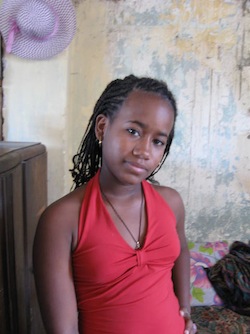
In another note she tells me that on May 30 had an accident while traveling in a paddy wagon. Shee has had many problems trying to see a doctor.
Her sister Yamile, brings a weekly bag of 10 kilos to bring food and toiletries to Sonia and her brother-in-law Ramon. She told me that after a thorough search conducted by the State Security in the couple’s modest house in Marianao, looting of alleged vandals has left them with no belongings.
In addition to expecting a very severe prison sentence, and leaving behind a daughter of 15 who will grow up without the affection and teachings of her parents, Sonia Garro is suffering reprisals from the authorities. The message sent by General Raul Castro to the dissidents on the barricades is loud and clear: there is a tenuous border that should not be crossed.
Although nobody knows for sure what is the thin line between what is allowed and what the Government considers a crime. Garro Sonia does not know. She is convinced that she only demanded her rights.
From Diario de Cuba / 28 June 2012


